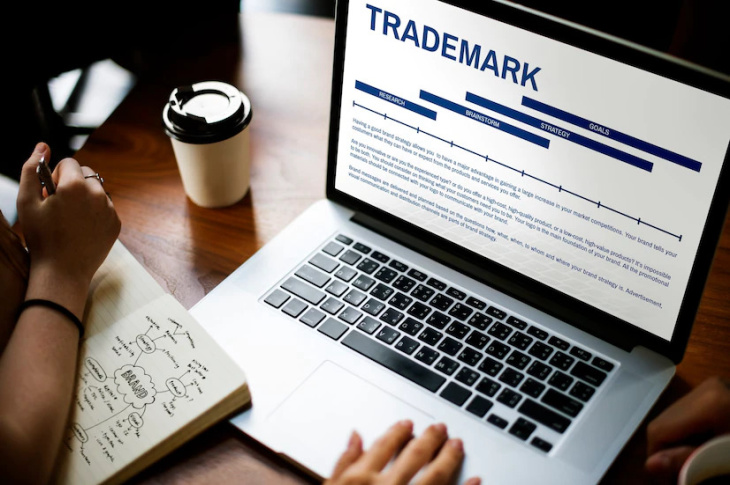Trademark Agreement - The Law To Preserve And Facilitate Creativity
The Emergence Of The Need For Trademark
Modern civilization is marked by a massive splurge of intellectuality. Freedom, rationality and the creation of unbiased & creative stuff is the hallmark of the new global order, which first got initiated with the emergence of the renaissance movement in Europe around the 14th, 15th century ADs, With the splurge of the creation of innovative products and services, a need was felt that the originality of any new type of product or service should be preserved and protected. Thus, arose the concept of trademark and the various laws, rules and conventions that govern the concept of trade mark. One prime aspect of trademark has come to be known as trademark agreement.
Also read Copyright Registration – The Legal Weapon To Preserve And Encourage Originality
The Expanse And The Spread Of The Trademark
Today, trademark has become a significant, universal happening. It is anywhere and everywhere now. It may be more in advanced countries & regions, less in developing countries and regions. Its intensity may vary but it is now global and universal. And, in regions where it is less, there too it is catching up fast. Now, let us see more about trademark registration and trademark agreement.
Trademark Registration In India
A trademark can be defined as the unique identity that makes your company, product, or service stand out from the rest. A registered trademark is your business’s intellectual property/ intangible asset. It protects the investment made into creating trust and loyalty among your customers.
The registration provides the right to sue against others who try to copy your trademark and prevents others from using a similar trademark to the one registered by you.
What Can You Register As a Trademark?
Many aspects of your brand image can be registered as a trademark. The aspect you need to consider is which aspect of your brand stands out to your customers. Pick that aspect(s) for registering.
1. Name
a. Product Name: You can register a particular product’s name as a trademark. Apple’s iPod is a product name trademark.
b. Business Name: Registering a company name as a trademark is the most common route businesses take. Ex: Bajaj.
c. Person’s Name/Surname: If your name plays an important part in generating revenue, then you can even trademark your name! Ex: Shah Rukh Khan has trademarked his name.
d. Abbreviations: Abbreviations of a company or brand name can also be a trademark. Ex: BMW.
2. Logo/Symbol
It is highly recommended to trademark a logo because it visually represents your brand. Your customers can recollect a logo faster than a name. A great example of a logo trademark is the ‘swoosh’ of Nike.
3. Tagline
If you have a tagline for your brand, you can go ahead and trademark that as well. A tagline tells your customers what you stand for as a business. For example, KFC’s ‘It's finger lickin' good’.
4. Other Options
a. Colour Mark: You can trademark a colour or a combination of colours. (Ex: Cadbury has trademarked the colour royal blue)
b. Sound Mark: Musical notes or sounds can be trademarked if we can prove that it's distinctive. Nokia has trademarked its tune.
c. Scent Mark: Even scents can be trademarked.
Also read Profession Is The Link Between An Individual And The Larger Society
Why Is Trademark Registration Important?
Trademark registration is important and necessary for a business because:
It showcases your unique identity
It helps you build trust and loyalty among your customers
It offers legal protection for your brand’s identity
It is an asset in itself
It prevents unauthorized usage of your brand’s identity.
Trademark Classes
There are 45 trademark classes and all the goods and services are categorised across these classes. You need to be very careful while picking the classes as it will determine the validity of your trademark for your business’ products/services. If your business operates across different goods/services that fall under different classes, you have to ensure that you apply for the trademark under all the applicable classes.
You may also like to read The Income Tax Calculator.
Some of the popular trademark classes in India are:
Class 9: which includes computer software and electronics,
Class 25: which includes clothing,
Class 35: which includes business management and advertising, and
Class 41: which includes education and entertainment.
If you are operating within these trademark classes, the competition for a trademark might be higher. However, that shouldn’t matter as long as your mark is unique.
Trending



Ask a Lawyer